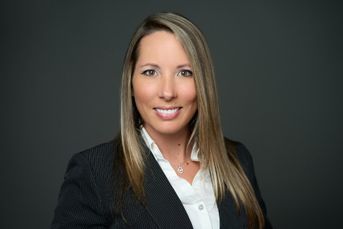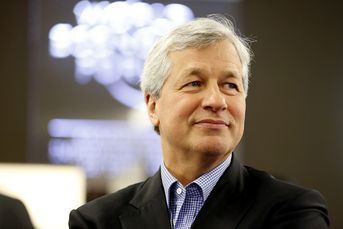The ‘AUM illusion’ and organic growth

Having more people know what you can do for them rather than what they can do for you could be a route to growth that suits many advisors.
The sting of inflation has been offset for many people by the increase they’ve seen in their wages. Of course, economists would call this an example of the “money illusion,” which is people’s tendency to view their wealth and income in nominal dollar terms, rather than real, inflation-adjusted terms.
Advisors, who probably should know better, suffer from a version of this phenomenon that can be called the “AUM illusion.” Essentially, the mind game at work here is that when advisors see their assets under management rising, and the higher fee income that results, they believe their business is growing. The truth is, absent a rise in asset values, most advisory businesses aren’t growing all that much.
The typical advisory firm isn’t actually growing at the red-hot pace indicated by AUM numbers.
As Jeff Benjamin reported from the recent DeVoe & Co. conference, the average organic growth rate at RIAs fell from 9% in 2017 to 7% in 2018, 4% in 2019 and 3% in 2020. It was about 4% last year, according to DeVoe, which outpaced the 2.1% real growth in the U.S. economy in 2022. But that means the typical advisory firm isn’t actually growing at the red-hot pace indicated by AUM numbers — or at least AUM numbers before the annus horribilis of 2022.
Part of the reason organic growth is so modest is that many advisors haven’t created a systematic business development program. Today, the internet and social media provide unparalleled opportunities for business development by showcasing an advisor’s expertise. Countless advisors have built and continue to build their business by focusing on a niche market and then calling attention to their knowledge and problem-solving abilities in that narrow area through content promoted online. The internet has demonstrated that there are more than enough people looking for specific solutions to fuel business growth.
Referrals can be viewed in a similar way. Most advisors count on referrals as their prime driver of growth. Yet advisors are reluctant to overtly ask for referrals, with 43% concerned about seeming pushy, according to a recent survey. For advice professionals, those concerns are well-grounded and shouldn’t be dismissed. Just think how odd it would seem if a dentist asked a patient, no matter how satisfied the patient was with the dentist’s care, if he or she had any friends who might need dental work.
More professional and comfortable than asking for a referral is having clients be so satisfied with an advisor’s service that they become fans and active promoters of their advisor. Here again, specialized knowledge or services can be key. If an advisor has expertise in helping widows or families whose children have special needs, for example, and the advisor delivers especially attentive service to that niche, those clients are bound to refer their advisor to peers facing similar challenges. In truth, client motivation in referring their advisor comes from wanting to help a friend or relative with a problem, rather than wanting to help their advisor grow a business.
Having more people know what you can do for them rather than what they can do for you could be a route to organic growth that suits many advisors.
Bet big on bond ETFs, buy quality stocks and gold, says iShares strategist
Learn more about reprints and licensing for this article.







